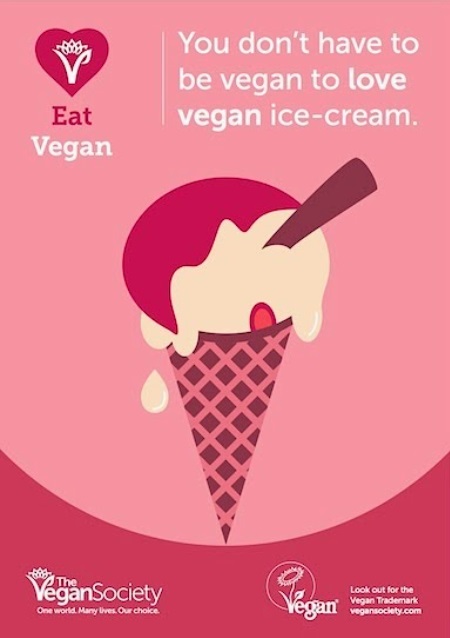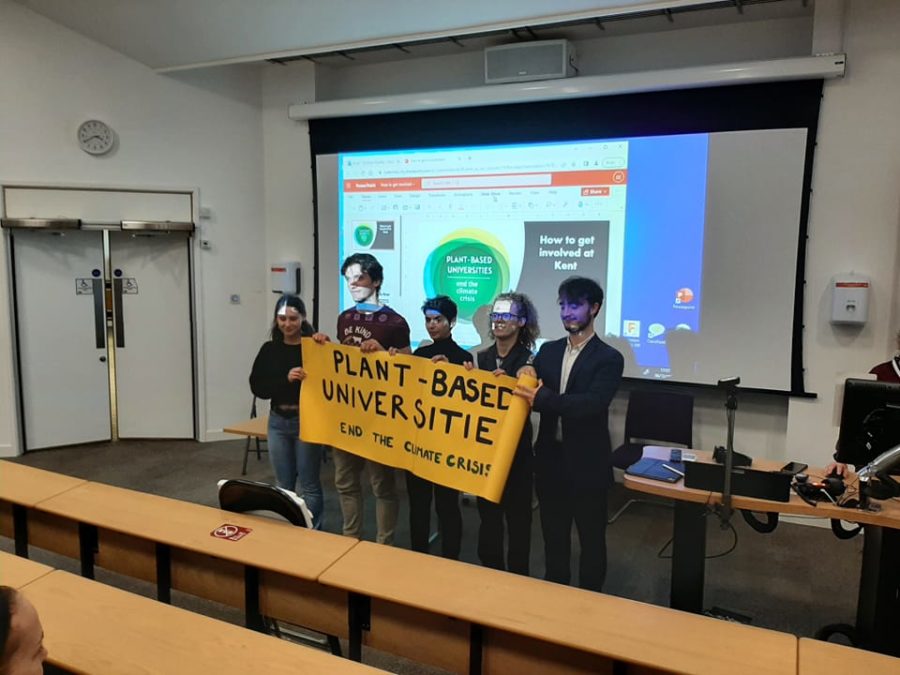Vegan sociology argues that Nonhuman Animals are persons in their own right, their oppression is worthy of academic attention, and their oppression deeply intersects with the oppression of other marginalized groups such as women, people of color, and lower-class persons.
Continue readingSociety Writings: Veganism Made Real in Print
Third-Wave Vegan Feminism and Feminist Animal Studies
Eating Vegan vs. Being Vegan: The Vegan Society and Depoliticized Capitalist Campaigning
Veganism is a threatening concept for those monied institutions which benefit from exploitation and support the third sector. “You don’t have to be vegan” is a means of depoliticizing veganism while also positioning it as congruent with consumerism favorable to capitalism.
Continue readingThe Only Vegan in the Department: Science, Anti-Veganism, and the Illusion of Objectivity
Weber reminds us that reality is more than the material–it is also found in shared subjective meanings. Objectivity, knowledge, facts, and truth are subsequently vulnerable to political maneuvering. If no science is value-free, what values will we apply? Values of violence or values of justice?
Continue readingThe Fetishization of “Animal-Friendly” Animal Products
The Body Shop, like LUSH, markets itself as a compassionate company while simultaneously profiting from the institutionalized exploitation and killing of Nonhuman Animals. Declaring to customers that non-vegan animal-based products “don’t harm the animals” is false advertising of the worst kind. As is the case with most capitalist enterprises that profit from the oppressed, The Body Shop banks on customers never questioning or thinking critically about their ethical claimsmaking. This false consciousness is buttressed by “cruelty-free” labeling and endorsement from large “animal rights” non-profits such as PETA. These charities have effectively socialized many customers that is okay to use, harm, and kill other animals as long as it is done “nicely.”
Continue readingWhy Real Vegans Don’t Wear “Leather”
“Leather” production is able to thrive because of our speciesist dietary choices, but also from the ideology of human supremacism that nonveganism psychologically maintains.
Continue readingPlant-based Catering at the University of Kent
As an institution where scientific research is conducted to influence policy, global relations, and public wellbeing, the University of Kent has a responsibility to lead by example. Sustainable campaigning taking place across campus demonstrates that many Kent students agree.
Continue readingCan We “Have Our Cow and Eat Her, Too?”
The weaponization fo science and naturalism to rank the worth of marginalized groups, dictate their moral worth, and control their lives (usually in highly exploitative ways) is a classic project of Western, white supremacist patriarchal colonial conquest. The entitlement to other living beings, both in reality and symbolically, should be challenged.
Continue readingGrill Power: Feminism in Men’s Meat Market
Vegan feminism would argue that tweaking speciesist masculinized consumption to include women subverts anti-speciesism as well. It does nothing to challenge the fetishization of commodified bodies. The “pork” industry attempted to boost the sales of dead pigs, for instance, by launching a campaign to encourage women to get grilling. Although Mother Jones was quick to highlight the blatant sexism of the advertising materials in which women are belittled as “grill girls,” “ladies,” “hot mamas, “spicy girls,” and “gal pals,” nothing was said about the extreme violence experienced by the pigs who are objectified as “pork.”
Continue reading
